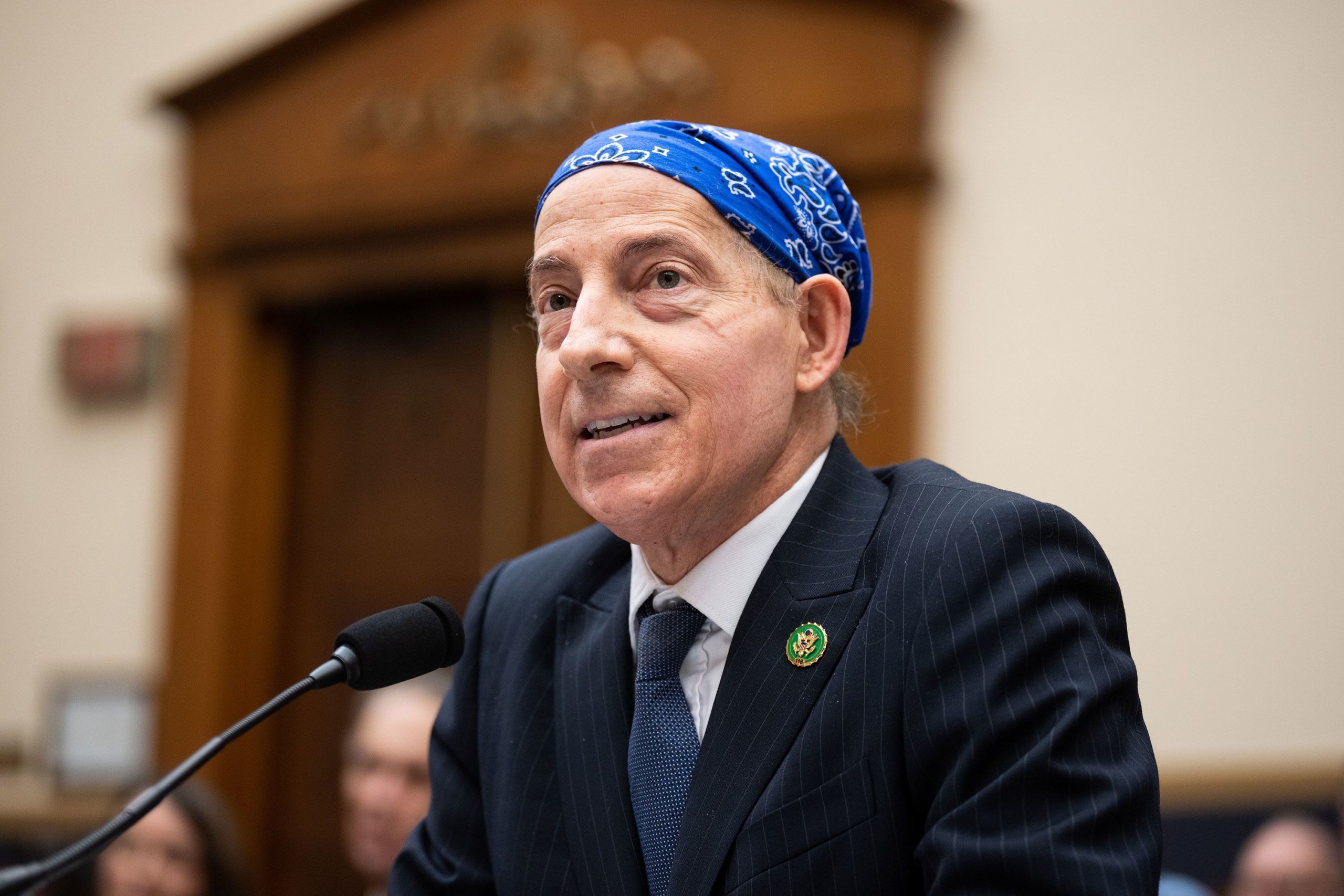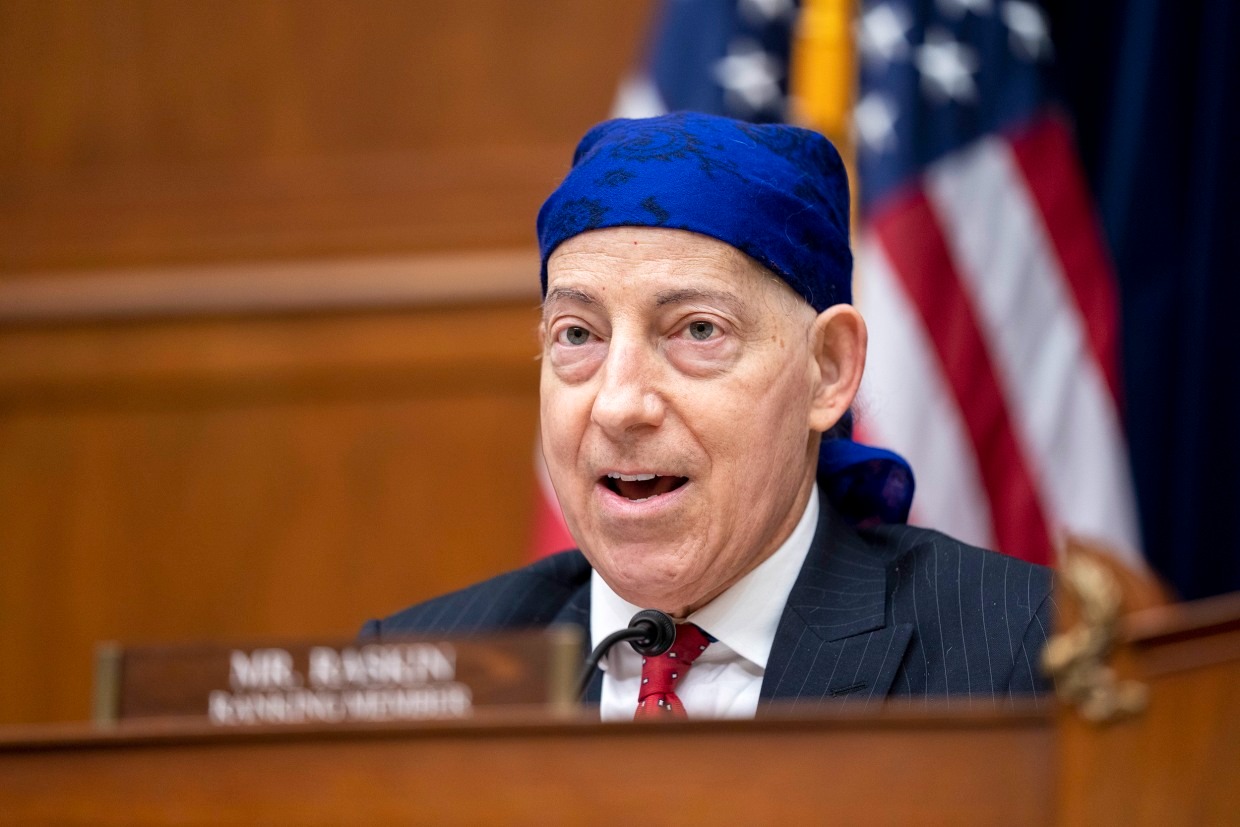House Democrats have introduced two bills to institutionalize diversity, equity, and inclusion (DEI) programs within the federal government. The Federal Government Equity Improvement Act, spearheaded by Rep. Jamie Raskin of Maryland, seeks to establish an Equity Subcommittee on the Performance Improvement Council.
This interagency subcommittee would focus on developing data and fostering collaboration to ensure unbiased delivery of government services. Raskin emphasized the importance of transparency, accountability, and responsiveness in serving all constituents, especially those who historically faced barriers to government services.

Meanwhile, Rep. Ayanna Pressley of Massachusetts introduced the Equity in Agency Planning Act. This legislation mandates that federal agencies prioritize enhancing the equitable distribution of government services.
It requires agencies to partner with non-governmental organizations and stakeholders to revise and formulate plans toward this objective. Pressley stressed the need to center racial equity and justice in administrative and policy decisions across federal agencies.
Both bills aim to build upon President Joe Biden’s executive order, Advancing Racial Equity and Support for Underserved Communities Through the Federal Government, issued on his first day in office.
This order directed federal agencies to identify challenges hindering the delivery of services to underserved populations and develop more effective approaches to address them.

However, the fate of these bills remains uncertain, as Republicans have expressed opposition to DEI initiatives. While proponents argue that such policies promote access to opportunities for marginalized groups, opponents contend that they are discriminatory and divisive.
Despite these challenges, Democrats continue to advocate for DEI programs, viewing them as essential tools for advancing equity and addressing systemic disparities in education, workforce opportunities, and government services.

